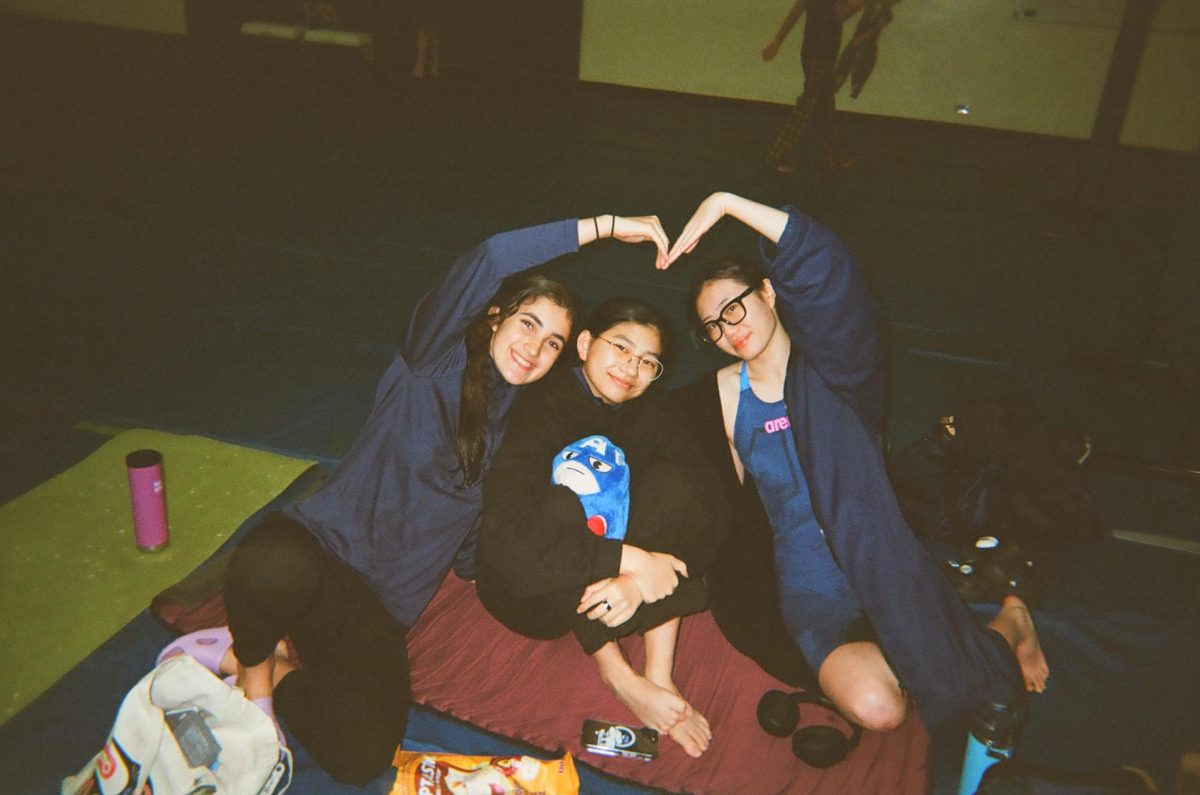On Sept. 21 at 7:07 p.m., students taking the Advanced Placement Psychology course received an unassuming, standard email from Social Studies teacher Mr. Anthony Ives. Titled “All AP Psychology students (for extra credit challenge),” the email contained the following message:
“You can earn some credit on your Social Psych test. You get to choose on your test document whether you want 1 point added to your test score or 3 points added to your test score. But here’s a catch: if more than 10% of all AP Psych students (meaning all 5 sections between Ms. Wolfrom’s and Mr. Ives’s) select 3 points, then no one gets any points.”
What the students did not realize—but which the AP Psychology teachers knew all too well—was that over the next 24 hours, this innocent email thread would transform into a landmine. From Thursday evening to Friday afternoon, over 40 messages crowded the students’ inboxes, fraught with frustration and dread.

Elsa Lee (‘18), who replied to the email eleven minutes after it was sent, decided to use her early entrance as an opportunity. “I think the first 6 people who respond to this email should get 3 points!” she wrote. “First come first serve is a social norm, and we should follow the social norm.”
“My initial email of “first come first serve” was to try to make a method to choose the 6 people that gets 3 extra points while making sure I am one of the 6 people,” says Elsa to the Blue & Gold. “I think it is obvious that I used “first come first serve” for my own gain and denying it would just make me look fake.”
Although her suggestions have caused backlash among other AP Psychology students, Elsa remains unaffected. “I am graduating soon anyway so I don’t think it matters,” she says. “I care about what teachers think of me because they are the ones giving me my grades, but other students don’t have any power at all over me. The people who I think of as my good friends don’t take AP Psychology anyway. Overall, I am totally fine with them hating me.”
Some students maintained a hopeful outlook on the experiment. “Let’s just not fall for the “social trap,” wrote Trinity Chang (‘18) in the email thread. “Prove Ives wrong that despite [the fact that] working together [is] difficult, we can in fact work together and all get that 1 extra point.”
Several quickly tired of the email’s tense atmosphere. “At first I thought it was pretty funny,” says Scott Lin (‘18). “And then everything kinda got really complex, so I stopped participating. Intellectual people started using a bunch of psychology terms.” Meanwhile, George Lee (’19) decided to rickroll the class. “I just got the vibe that the whole thread was turning into a joke, so I thought that it would be appropriate,” he says. “Apparently many people didn’t know what what rickrolling was, though, so that made me sad.”
This experiment, an adaptation of the famous Prisoner’s Dilemma, was the latest in a chain of real-life exercises in social psychology. “All AP Psychology students know Mr. Ives likes to use us as lab rats,” says William Chen (‘18).

The AP Psychology teachers have been conducting this social psychology experiment for three years. Students have never received any extra credit from this experiment. Mr. Ives was inspired by a teacher who had also done the same activity with his students. “I like that the activity is conducted through real life experience because that’s the best way to learn anything,” Mr. Ives says.
This year has yielded some unexpected results, due to collaboration between students being conducted over email. “I don’t know whether that email chain will help or hurt,” says Mr. Ives. “But it’s definitely possible: last year, we were only one student away from succeeding in the experiment.”
The Blue & Gold wishes the best of luck to these AP Psychology students. Hopefully, they’ll find a way to overcome the neurological phenomena which have stacked the cards against them.
Featured image: Hana Sung (’19), holding a sign that reads “2017 AP PSYCHOLOGY: THE PRISONER’S DILLEMMA.”
AP Psychology experiment prompts difficult decisions
September 25, 2017
0
Tags:

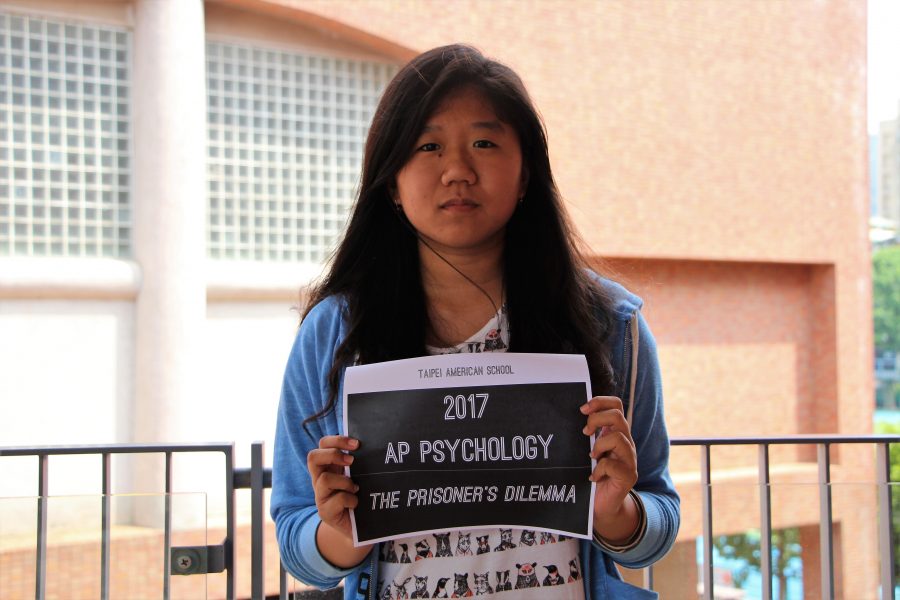
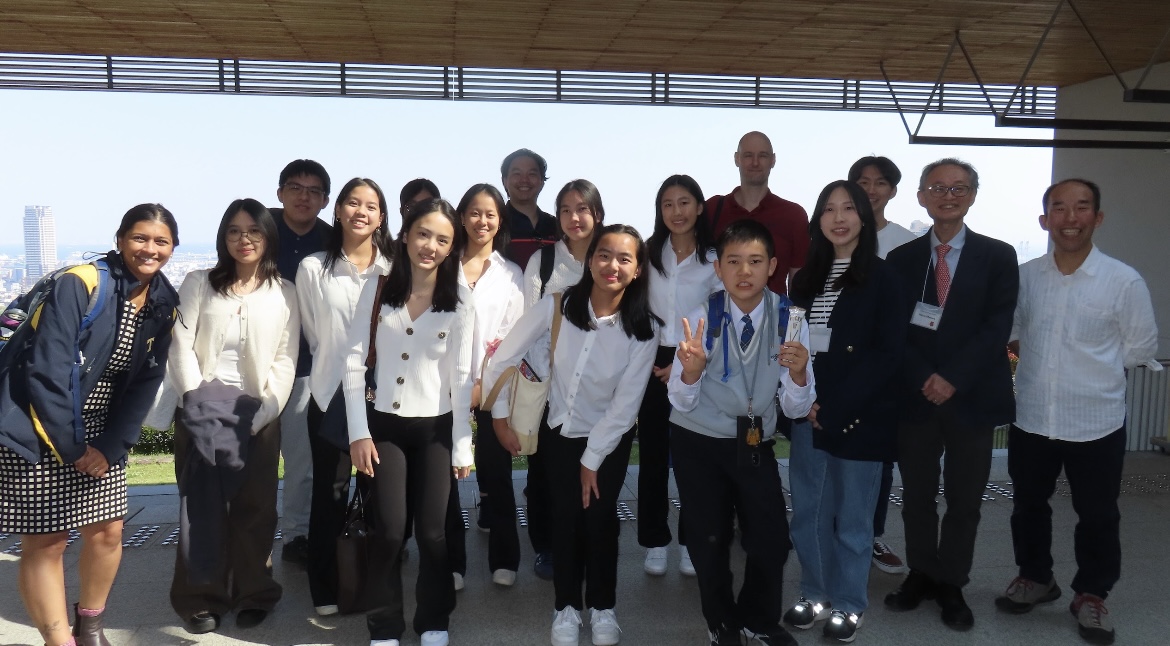
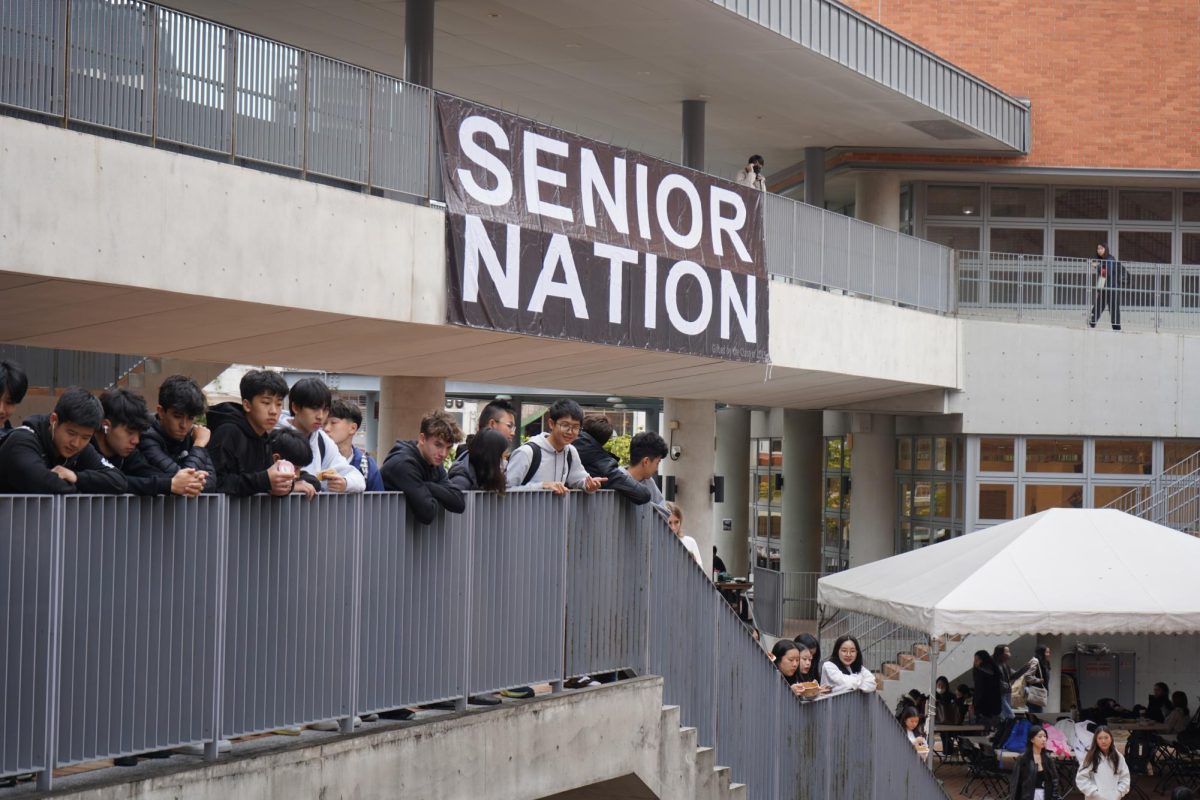
![[PHOTO COURTESY OF PIXABAY]](https://blueandgoldonline.org/wp-content/uploads/2025/03/white-18227_1280-1200x803.jpg)
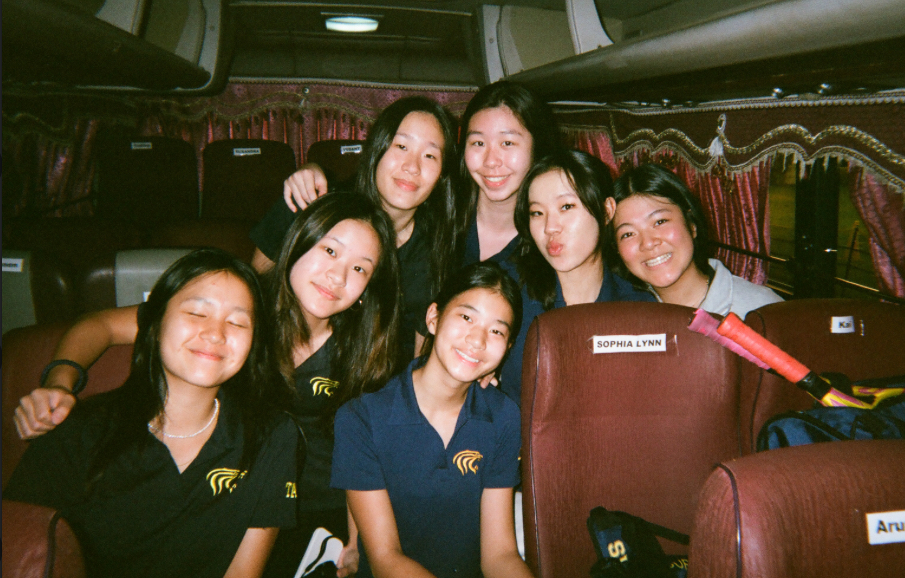
![[PHOTO COURTESY OF PIXABAY]](https://blueandgoldonline.org/wp-content/uploads/2025/03/fire-6706674_1280-1200x800.jpg)
